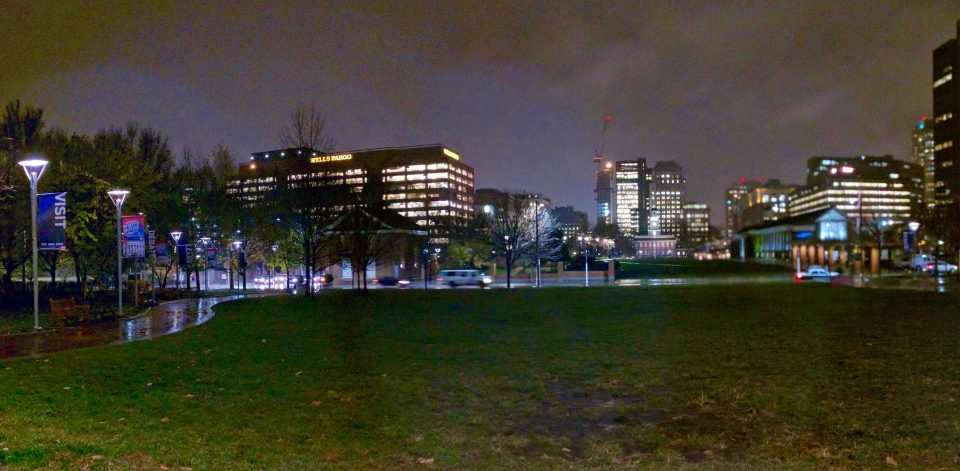
By DSG Group on January 4, 2017
There’s no question that higher education is undergoing a transformation. Over the past few years, rising tuition costs and a slow economic recovery have driven tremendous interest in, and experimentation with, alternative educational models and tools such as MOOCs, online degrees, coding bootcamps, personalized and competency-based learning, and learning analytics, just to name a few. While I support this vigorous interest in innovation in higher ed, I am concerned by many of the expressions of it, which encourage students to forego the broader intellectual training of the humanities. To my mind, such innovations exchange short-term benefit for long-term cost, because they exclude young learners both from a great deal of practice in skills such as critical analysis, collaboration, and communication, and from an exposure to works of great beauty. Instead, I would like to see higher education as a body engage just as vigorously with the question of what value a humanities (or liberal arts) education creates, both for individual learners and our society as a whole, and use the answer to ensure that these subjects continue to have an important role in the ongoing American higher educational experience.
In that context, I was excited to see the significant attention paid to the humanities at the recent Reimagine Education 2016, hosted by the Wharton School at the University of Pennsylvania. This annual conference brings together educational innovators of all stripes, including adventurous teachers, technology entrepreneurs, and forward thinking administrators. And while this conference always provides fascinating conversations with some of the people leading the previously discussed changes, I was frustrated last year by the overwhelming emphasis, both from the contestants and from the conference organizers (judging by the invited panelists and speakers), on STEM skills, computer code, and MBA degrees.
But not this year. For starters, the conference dedicated a panel to how the humanities could (should?) adapt to many of these trends. The speakers included two humanities scholars, Dr. Liz Coleman, the recently retired president of Bennington College, and Professor Peter Turchi, from the English department at the University of Houston, and was moderated by Professor Stanton Wortham, dean of the Lynch School of Education at Boston College. The fourth panelist, Matt Sigelman, CEO of Burning Glass Technologies, also happened to be a retired student of classics! The discussion was simultaneously critical and respectful of the humanities, which is a rare combination in conversations of this sort. For example, Turchi thoughtfully explored the relationship between the ideal of the liberal education and the humanities as they are currently taught. Sigelman, meanwhile, used his firm’s unique knowledge of the current job market to argue that humanities students are much closer to “employability” than most people realize. Beyond that panel, there were a few humanities projects among the Reimagine Education competitors, such as Coriolanus Online, a collaboration between the University of Coventry, England, and the University of Tampere, Finland, in which students from both universities used a carefully configured telepresence system to collaboratively perform a scene from Shakespeare’s play, Coriolanus.
As always, the conference was also an excellent venue to discuss the more general questions of innovation and results in higher ed. Startups demonstrated new solutions for everything from grading essays to managing chemistry labs. Teachers from around the world demonstrated experiments such as home-grown maker spaces and serious games. And the conversations made sure to invite more moderate opinions along with the revolutionaries (as in a panel discussion on the future of classrooms into which I happily waded).
In summary, Reimagine Education 2016 was, as always, an invigorating and thought-provoking event that I highly recommend for anyone wanting to see the cutting edge of academic innovation. Higher ed is overdue for student-centered innovations, and this conference (and its awards competition) consistently brings together fascinating, trailblazing prototypes from around the world. However, this year also featured a renewed appreciation by many for the idea that higher education should be about more than job training; that it can also teach students to broaden their perspectives, “to learn to appreciate complexity,” as Turchi put it. In such an environment, the humanities have a unique and irreplaceable value. And, as Sigelman reminded us, we don’t need to try to transform every Catullus seminar into job training; sometimes, it’s okay to just read Catullus.
Resources:
- Reimagine Education: http://www.reimagine-education.com/
- Coriolanus Online: http://onlineinternationallearning.org/project/coriolanus-online/
- The Bootstrapping Checklist: https://richbaxter.ca/thebootstrappingchecklist/
- Tech-It: http://www.grenoble-em.com/actualite-serious-game-tech-it-nouveau-jeu-de-role-pour-innover
- Young, Jeffrey. “What If We Stopped Calling Them Classrooms.” Edsurge News, December 8, 2016: https://www.edsurge.com/news/2016-12-08-what-if-we-stopped-calling-them-classrooms
- Burning Glass Technologies: http://burning-glass.com/
- Wharton School at U Penn: https://www.wharton.upenn.edu/
